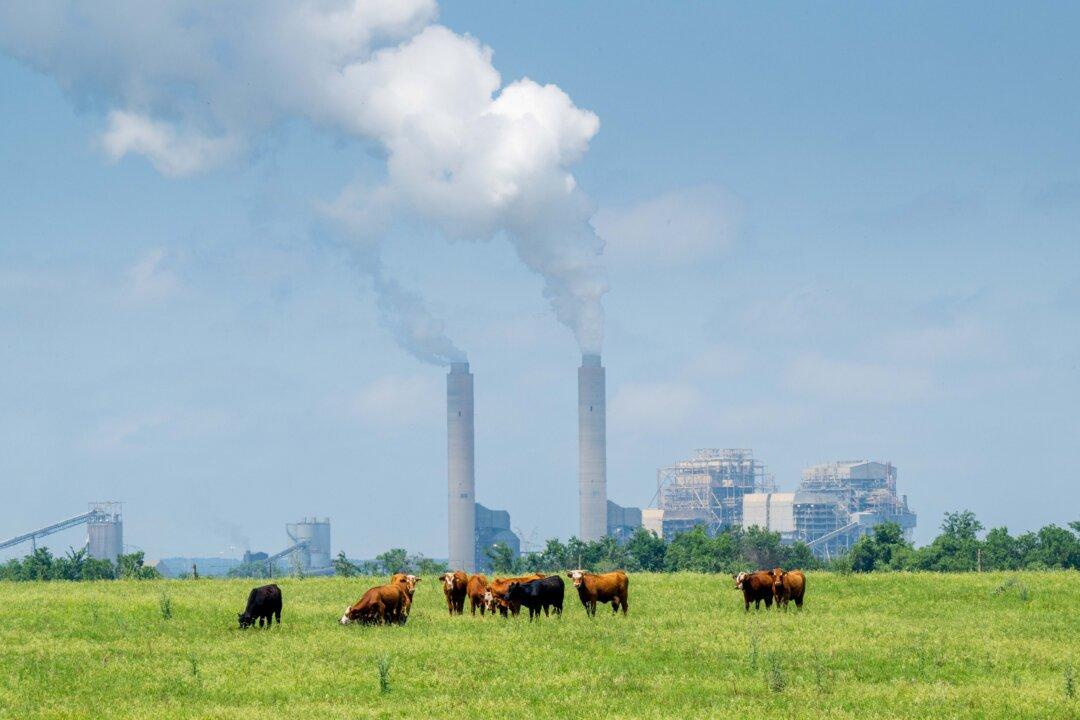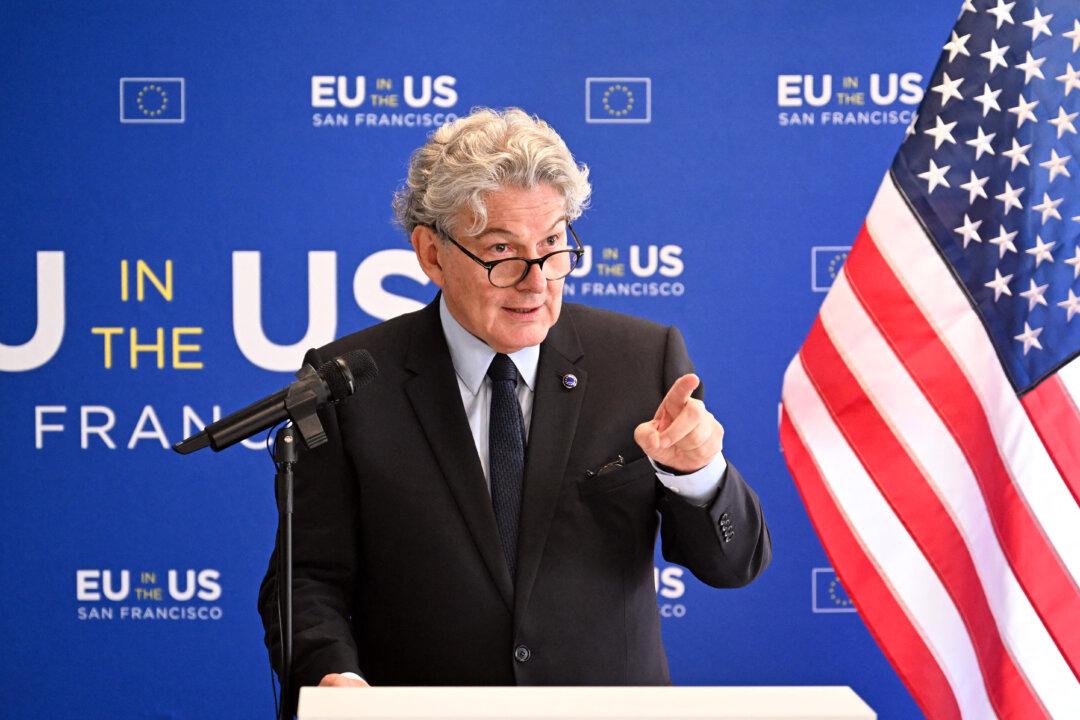If you want to fight climate change, one way is to pay journalists to spread the word while training them in environmental ideology. Another way is to promote products that are in line with the transition to renewable energy so that eco-friendly companies can profit from the so-called “moral opportunity.”
This is the approach of 1Earth Fund, which offers courses, certificates, and grants to climate-focused reporters in order to sound the alarm about fossil fuels while promoting green energy solutions. The organization was founded by Roy Richards Jr., whose family business, Southwire, sells green energy products and services.





